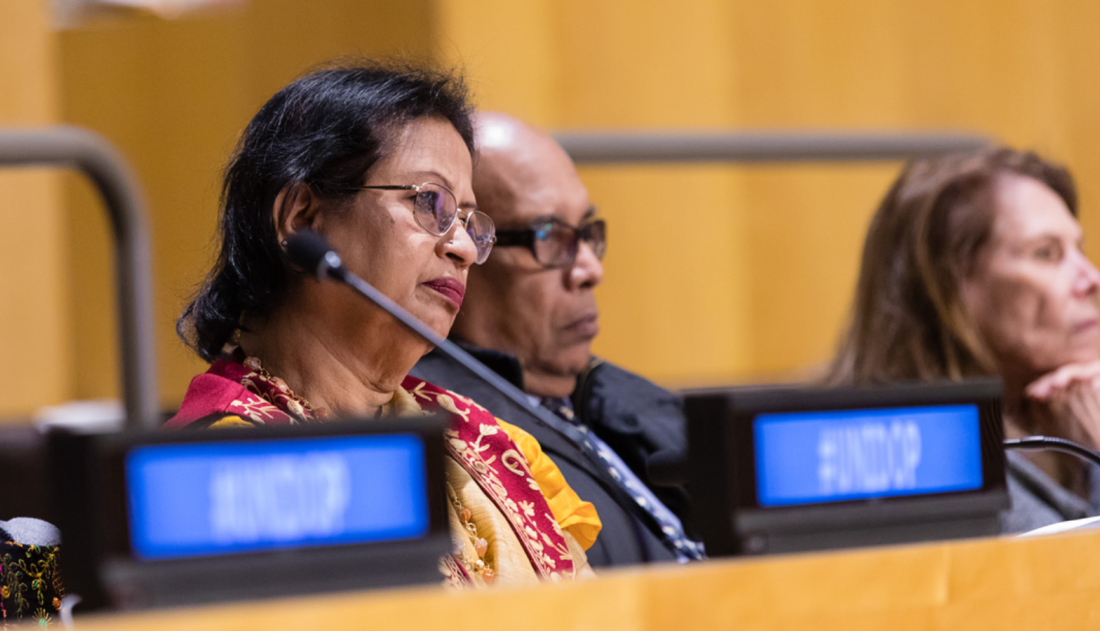
The occurrence and duration of emergencies, whether humanmade or natural disasters, have increased in the past years. Between 2008 and 2018 the number of crises receiving an international response grew from 12 to 22, and their average duration rose from 6 to 9 years.
The capacity of individuals to respond to emergencies and effectively access mitigation, adaptation and relief resources is determined by their individual and social characteristics, including age, sex, marital status, socioeconomic factors and health status, among others.
Older persons are particularly at risk in disasters. Health conditions, such as impaired physical mobility, diminished sensory awareness or chronic illness, as well as social and economic disadvantages, often hinder their ability to prepare and adapt to disasters . Older women can be more at risk than their male counterparts because on average they outlive men and are more often widowed and alone. Those that are less educated, unskilled, and poor are more likely to be victims of physical, financial, familial and sexual abuse which can be exacerbated in emergency situations.
Yet, evidence shows that older persons and their differential needs and challenges are often overlooked in emergency relief systems, which aggravates their vulnerabilities and worsens their capacity to respond and adapt to disasters or conflicts. Further, where relief systems fail to consider and account for older persons, aid workers may lack the necessary skills to understand, identify and address their specific needs .
In a context of rapid population ageing, a predicted increase in the number of disasters will result in large numbers of older persons impacted by humanitarian emergencies. This reality attests to the urgency of ensuring that policies and programmes are sensitive to the specific risks, challenges and strengths of older persons and encourage and support their contributions in all phases of risk assessment, disaster preparedness, crisis management and recovery programmes in order to fully respect their human rights and guarantee that no one is left behind.
Read our policy brief on "An inclusive response to older persons in humanitarian emergencies".
 Welcome to the United Nations
Welcome to the United Nations


